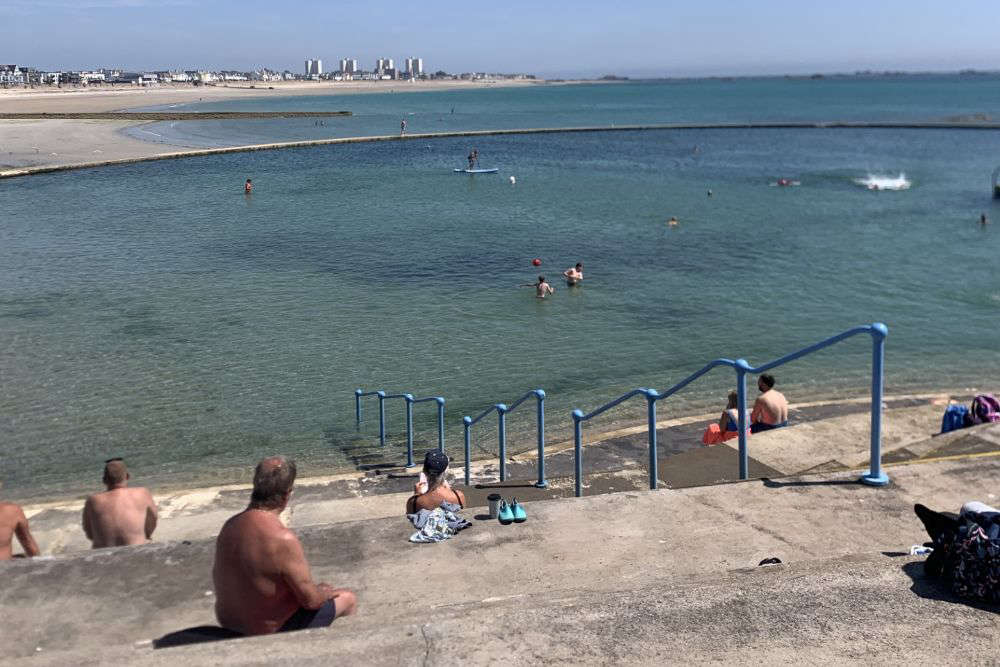
A government campaign is urging islanders not to delay going for a free screening appointment for cervical cancer.
"Don't Put It Off" aims to highlight the importance of keeping up to date with routine screening for the disease, so that it can be caught in its early stages.
70% of cervical cancer deaths are prevented due to screening, with an extra 13% of deaths being avoided with regular attendance.
Sarah Evans, General Manager for Primary and Preventative Care, Health and Community Services says there is a good uptake in screening in Jersey, but not everyone who is eligible knows that they must opt-in for it:
"If you’re aged between 25 and 64 with a cervix, please give yourself the best protection, book your free appointment at your GP or Le Bas Centre today.
I urge all eligible Islanders to not wait until it’s too late, these tests save lives and are something we just must do.”
Cervical cancer is the most common gynaecological cancer in women aged 35 and below.
However, Professor Peter Bradley, Director of Public Health says it can happen at any age.
"Screening identifies Human Papillomavirus Virus (HPV) infections and the cell changes they cause so treatment can be given before cancer develops."
It is also encouraged by health professionals to receive the HPV (Human Papillomavirus Virus) vaccine, as it can protect from up to 99% of cervical cancers.
If someone has concerns about having their cervical screening, they can:
- Request a woman to do the test – the majority of nurses and doctors who take cervical screening samples are female;
- Ask for someone else to be in the room;
- Ask for a longer appointment if to allow for more time;
- Request a prescription for vaginal oestrogen cream or pessary before the test should the test have become more difficult after going through the menopause;
- Ask for a smaller speculum (a smooth, tube-shaped tool that's put into the vagina so nurses and doctors can see the cervix).
Routine screening is offered every three years for 25-49 year olds, and every five years for 50-64 year olds.
Sarah Evans say younger people can be seen too if they have any concerning symptoms:
"Vaginal bleeding, either after intercourse or after periods. A different-coloured watery, bloody discharge that might have an odour that is unusual to you, or you might have a pain during or after intercourse.
It is really important that anything new that you notice you go and see your GP who can do a full assessment of you, to check that everything is ok."


 Record retirement year for Rhona's
Record retirement year for Rhona's
 Cheaper parcel prices for 2026
Cheaper parcel prices for 2026
 Draft Food Law lodged to protect people with allergies
Draft Food Law lodged to protect people with allergies
 WATCH: Last Blue Islands plane leaves Jersey
WATCH: Last Blue Islands plane leaves Jersey
 Jersey pupils secure places in STEM Racing UK National Finals
Jersey pupils secure places in STEM Racing UK National Finals
 Plémont puffins get a Christmas makeover
Plémont puffins get a Christmas makeover
 New café bar and kitchen coming to Jersey Airport
New café bar and kitchen coming to Jersey Airport
 Fresh process to choose Havre des Pas Lido operator
Fresh process to choose Havre des Pas Lido operator





